
Recycling is a concrete action you can take for the environment. Curbside recycling helps give a second life to recyclable materials and reduces the amount of waste sent to landfill.
Learn about best practices, accepted materials, and services available in the Brome-Missisquoi MRC.
The modernization of curbside recycling came into effect on January 1, 2025.
What should—or shouldn't—go in your recycling bin?
Containers, Packaging, Printed material. That’s it.
Quick links
Modernization of curbside recycling (January 1, 2025)
Aims to improve the recovery and recycling of containers, packaging, and printed materials through Bac Impact, Consignaction, container management, etc.
Bin Impact
Bac Impact is here to educate on proper sorting habits and raise awareness about the impact of what we put in the bin.
Ça va où? App
Use RECYC-QUÉBEC’s app to quickly find out what to do with any item in just a few clicks.
Glass recycling bins
Check out our interactive map to find your nearest glass recycling bin.
Accepted materials


Plastic wine corks
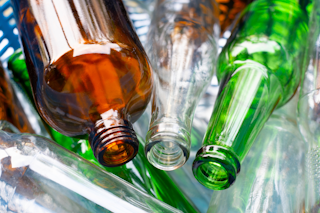
Bottles

Beverage cans

Nespresso coffee pods
Put in the green bag provided
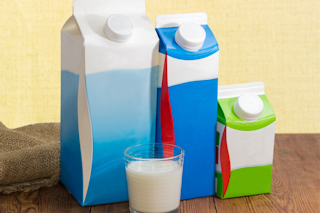
Juice boxes and milk cartons
Aseptic packaging, like Tetra Pak

Tin cans

Containers
Bottles, detergent bottles, food product containers, cosmetics containers, etc.

Snack bar wrapping

Multi-layered packaging

Plastic or bubble mail envelopes
E.g., Amazon, Purolator
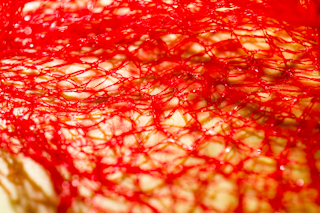
Fruit and vegetable nets
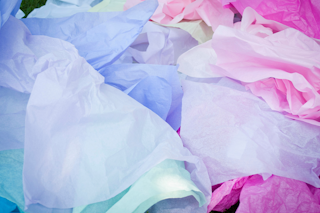
Silk paper

Metallic papers and gift decorations
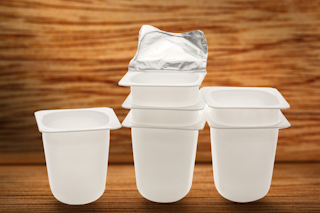
Small yogurt containers

Glass containers
Jars of any colour
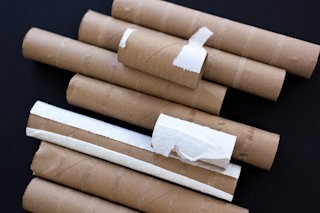
Toilet paper and paper towel rolls

Chip bags
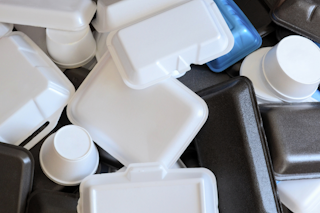
Styrofoam food packaging
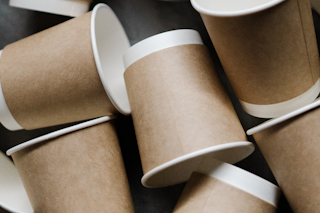
Single-use coffee cups and lids
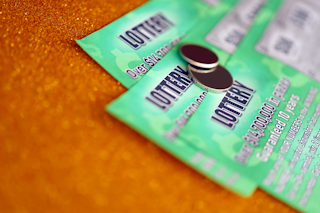
Lottery ticket

Cardboard boxes
Flattened
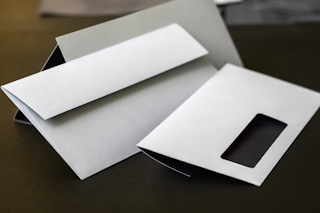
Window envelope
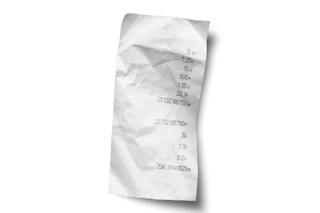
Cash receipt

Newspapers, flyers and magazines

Bagged shredded paper
Exceptions

Aerosols
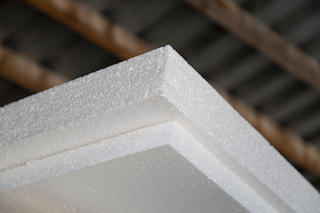
Styrofoam
Refused materials

Aerosols
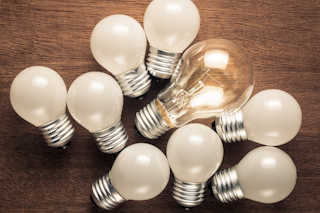
Light bulbs
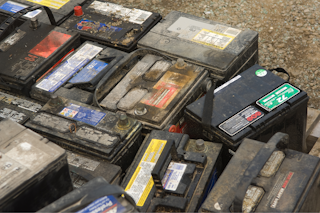
Car batteries
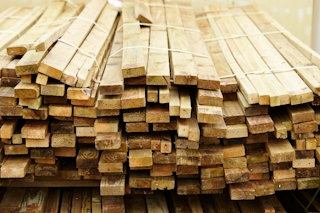
Wood
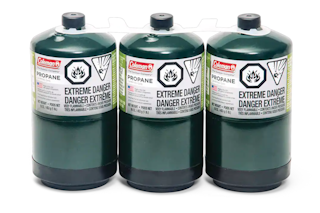
Camping propane tanks
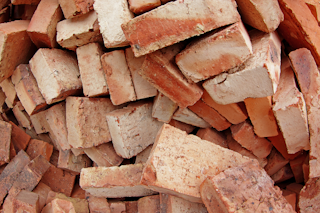
Bricks

Clotheslines, wires and Christmas lights

Appliances and electrical devices

Wire and rope
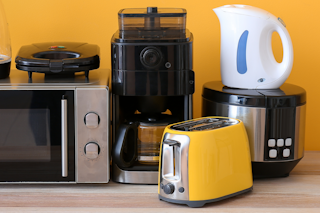
Toasters

Outdoor playgrounds modules
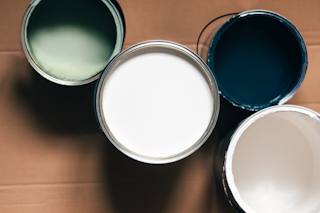
Paints, stains and solvents
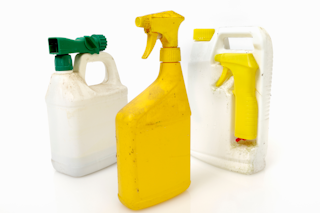
Pesticides and fertilizers
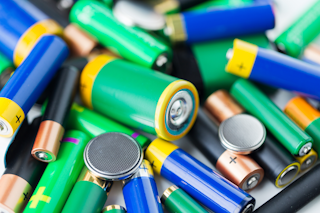
Batteries
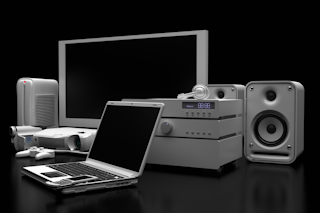
Electronics

Styrofoam
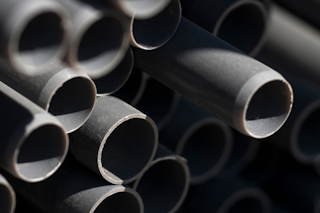
PVC piping

Medications and supplements
Find a collection point on the Health Products Stewardship Association’s website:
https://arpsante.ca/trouver-un...
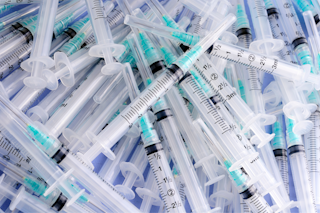
Syringes

Garden hoses
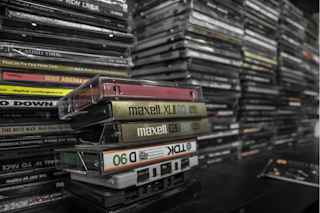
Audio cassettes
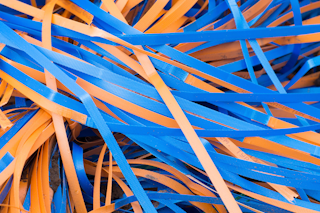
Strapping

Diapers

Pool toys and accessories
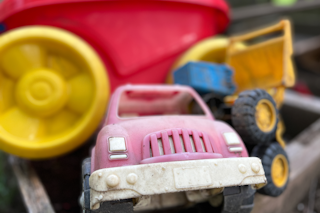
Outdated toys

Photos or laminated paper
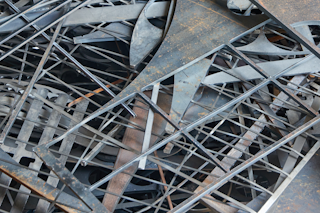
Production waste
See the Symbiosis of Brome-Missisquoi for solutions
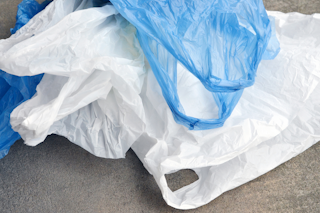
Plastic bags
Compostable, biodegradable or regular

Soiled fabrics
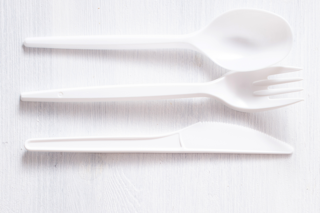
Plastic utensils

Broken dishware
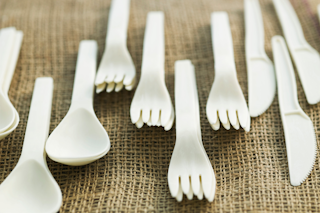
Compostable or biodegradable plastic dishware and packaging

Broken glass
FAQ
Empty and flatten your boxes for more space.
Bring any extra recyclable materials to the ecocentre.
Please note that excess materials placed on the ground next to your bin will not be collected.
Contact your municipality to see whether you can get a second recycling bin.
If your bin is broken, please contact your municipality to resolve the issue.
Good moves
Empty and lightly rinse containers and packaging before placing them in the bin. No need to fully wash them or put them in the dishwasher. A quick rinse does the trick — even using leftover dishwater works just fine!
Recyclable materials arriving by collection truck must be separated from each other so that the sorting center's equipment and employees can do their job properly.
Some equipment attract metal, while others have fans to lift lightweight plastics. That's why we should remove the plastic film from a cookie or pasta box tin and the lid from the jam jar before putting them in the bin.
One exception to the rule: small caps (less than 2 inches in circumference) must stay on their original container to keep them from falling through the net.
Remove any leftover food from the aluminum foil, roll it into a ball and place it in the bin.
Place materials in the bin as they are. This makes them ready for collection and to be properly sorted at the sorting center.
Not-so-good moves
Soiled materials can contaminate others, and generate unpleasant odours and mould. These conditions sometimes cause health problems for sorting centre employees. It’s always better to put dirty or greasy paper and cardboard in the compost. Other materials can be lightly rinsed and individually placed in the bin.
There’s no time to open boxes or closed bags at the sorting centre. We only open the bags provided by certain municipalities for the recovery of containers, packaging and printed paper.
Recycled materials that aren’t easily identifiable are harder to sort. Prevent this problem and optimize the sorting system by putting each recyclable material directly into the bin, but not one inside another.